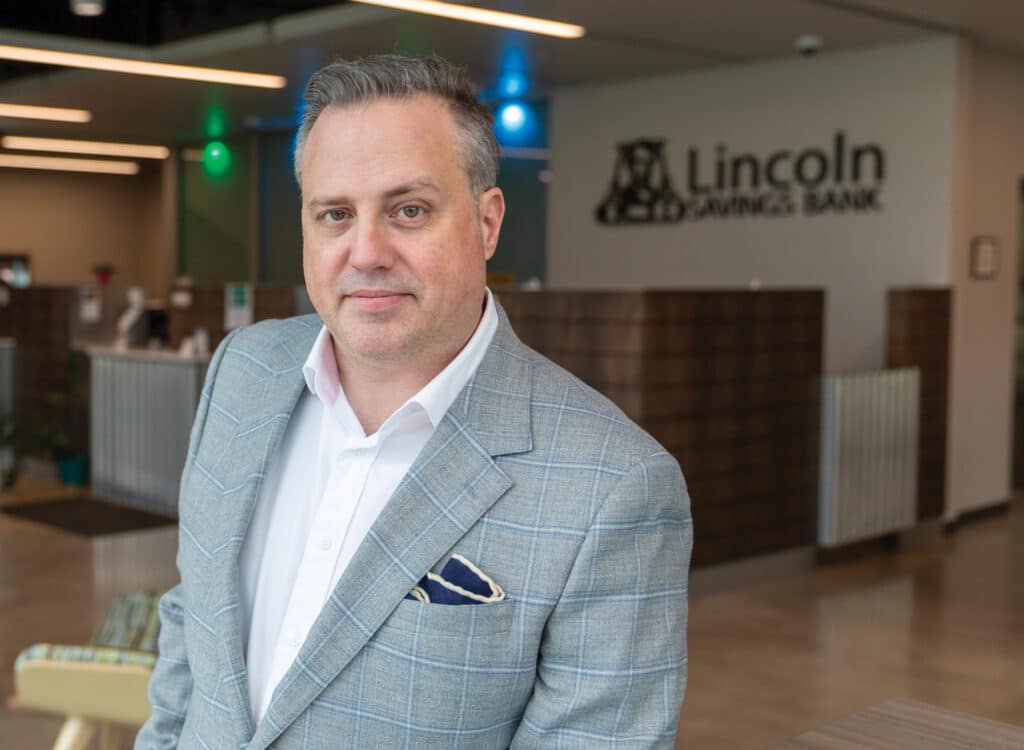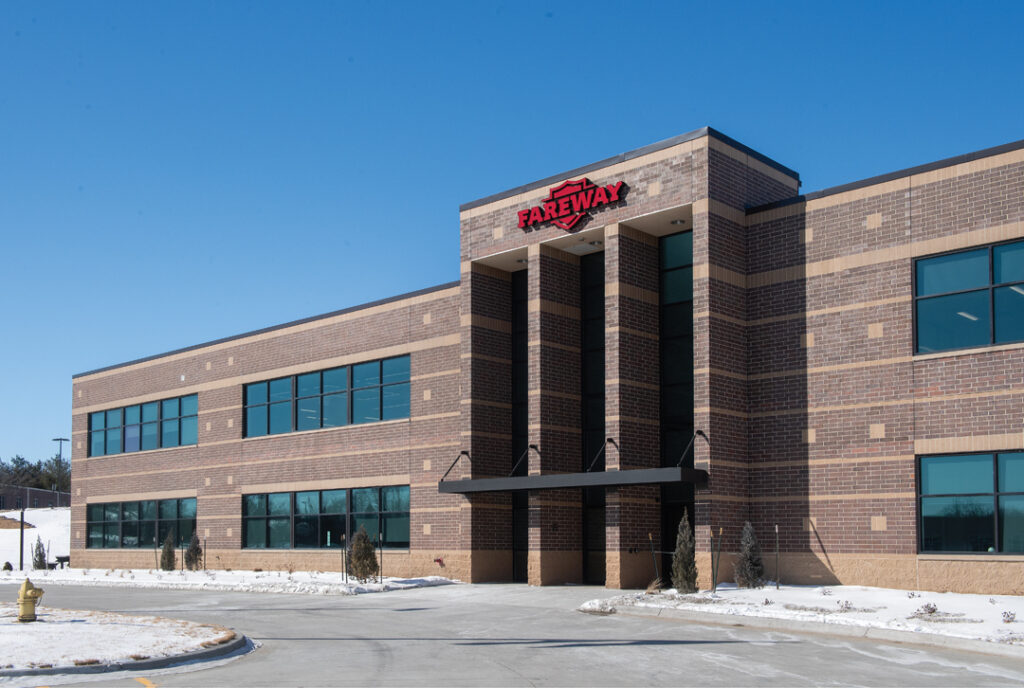The changing role of community banks in commercial lending

Michael Crumb Jun 5, 2024 | 7:38 am
2 min read time
509 wordsAll Latest News, Real Estate and DevelopmentCommercial real estate may not always be the most cost effective place for smaller community banks to invest, said Sean Willett, the new CEO of Lincoln Savings Bank.
Willett sat down for an interview with the Business Record recently and during that conversation he spoke about commercial real estate’s role in the asset portfolios of community banks.
He said challenges created by increasing interest rates have compressed margins for banks of all sizes, but that it’s easier for bigger banks to acquire and deploy deposits on a more cost-effective basis.

“We’re fighting the battle of now we have to acquire deposits and how do we do that cost effectively, and then where am I going to rotate those deposits?” said Willett, who began his new role at the end of 2023. “That in itself is a challenge. If I look at the marketplace, traditionally you would look at commercial real estate. Well, commercial real estate is not the place you should be rotating those deposits today for a number of reasons. So you look at other lending sources.”
The residential environment isn’t great for smaller banks, either, he said, so banks, such as Lincoln Savings Bank, may look to strengthen its relationships in agriculture and small business, Willett said.
“So you have all these challenges. On one side, you have the funding challenge,” he said. “On the other side, you have the margin challenges and where do you put those deposits to work. So it’s taking a step back and saying, ‘Where are those opportunities?’ For us, in the rural markets we serve, we think there’s potential to deepen our relationships with the farmers and the farming community. Another would be an opportunity for small businesses. That’s part and parcel to who we are as a community bank.”
When it comes to commercial real estate, changes in use of that space post-pandemic may create challenges with rent rolls and credit quality, Willett said.
He said commercial real estate as a lending class has dropped off, citing a report from Bloomberg, and that smaller banks have tried to step in to fill that void. But he asked at what cost.
“It’s become a very rate-driven opportunity for smaller banks,” Willett said. “It’s also transactional. The likelihood that we as a small bank are going to be able to capture a full relationship with a sophisticated sponsor is relatively low, if we’re being honest. They’ll tend to continue to have their operations with larger banks because of cash management capabilities. So we’re just providing balance sheet for very little in return, and to me that’s just a race to the bottom.”
Willett said he would prefer to focus on building relationships and deliver the “full power of the bank” and its products and services.
“It’s not just giving space on my balance sheet and you’re going to pay me for it, but from a spread perspective, I might do better elsewhere,” he said.
“I don’t measure success by asset size. I measure success by our profitability and the strength of our relationships,” Willett said.
To read the full conversation with Willett, click here.

Michael Crumb
Michael Crumb is a senior staff writer at Business Record. He covers real estate and development and transportation.










